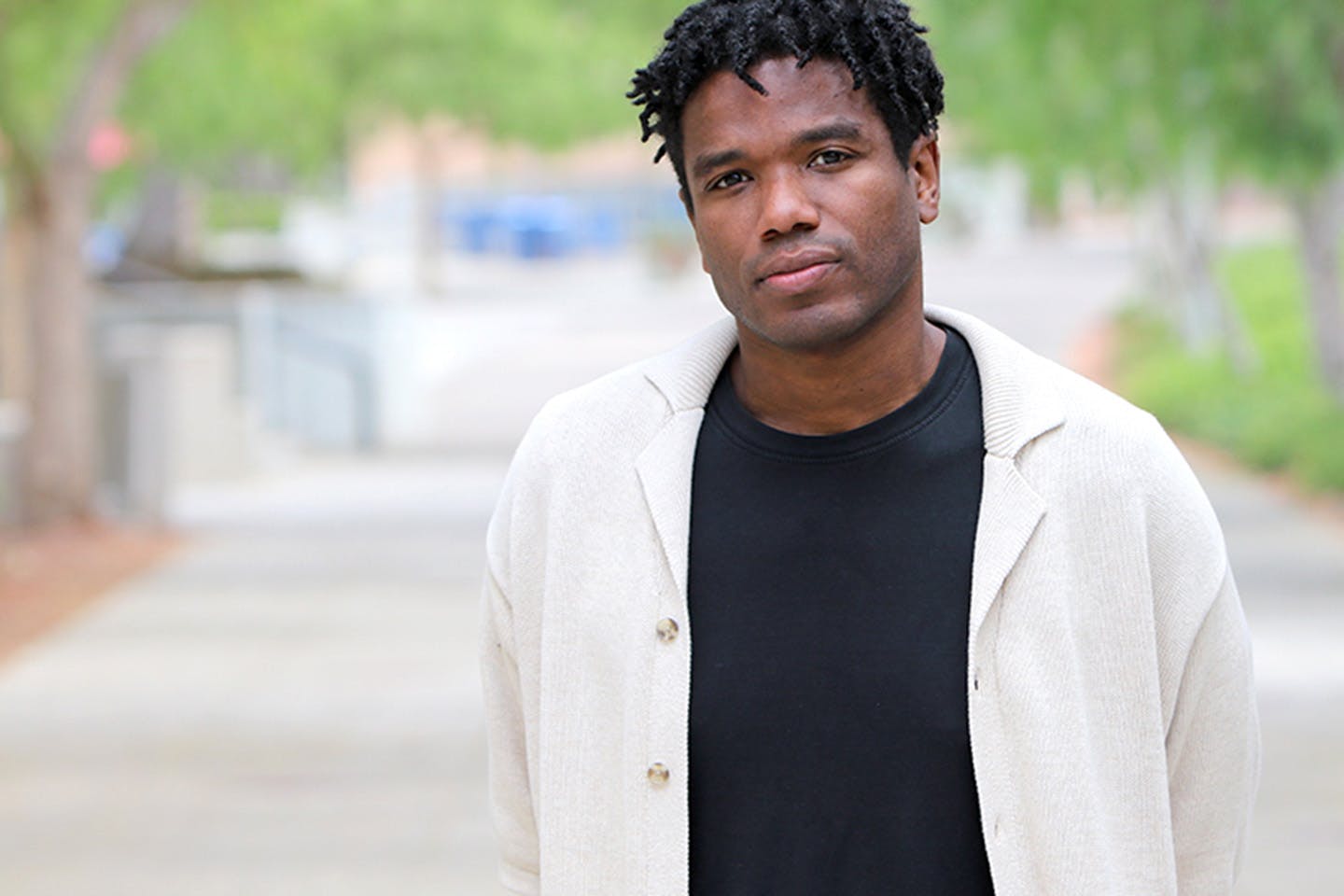
The New School for Social Research '19
PhD Politics and Historical Studies ’19, The New School for Social Research
What are you working on now?
Right now, I’m in the early stages of a couple of different projects, the most immediate of which is an article, “Abolition and the Substance of South–South Solidarities,” for The Oxford Handbook of the History of the Global South. This edited volume, part of the Oxford Handbook series, brings together more than 40 scholars from around the world, and I’m honored to be a part of it.
Aside from that, I’ve been mapping my next two books. I’ll spare you the details, but in general, I’m interested in experimenting with narrative and form in ways that subvert the normative expectations for academic prose and argumentation. I recently finished the copy edits for my first book, To Build a Black Future, so with that out of the way, I feel much less confined to the strictures of genre and convention—not that I was ever entirely faithful to them. We’ll see how it goes.
When you started your program, what did you think you would be doing?
Who knows? This, I guess! I was a musician before starting at The New School for Social Research [NSSR] and never could imagine being content with a traditional nine-to-five, at least for any extended period of time. When the grind of trying to make it in music proved too taxing—emotionally, psychologically, materially—I turned to graduate school. I suppose academia was always an option in my mind, but a somewhat abstract one; I honestly hadn’t thought the whole thing through. I won’t pretend the path was clear or without struggle, especially after I started, but I figured it out,with a lot of help, and here we are.
What was a new way of learning that you experienced at The New School?
The university in general and doctoral studies in particular are structured to “discipline” you in one way or another. In that sense, you don’t exit that encounter without some semblance of a “new way of learning,” for better or for worse. NSSR isn’t any different in this respect, despite its unique position in higher education. That said, I think my experience reinforced transdisciplinary tendencies that were already present, grounded me in critical theory and radical paradigms in more concrete terms—though to a degree that was less obvious to me while I was a student than it is now—and in general permitted me to find myself as both a scholar and a creative, which I don’t think would have been possible in more traditional departments or schools.
How did that change your way forward?
Perhaps it didn't change my way forward as much as it helped clarify my trajectory. I’m most certainly a product of the institution in and beyond the ways I’ve described. Still, more than being “trained” in this or that field of inquiry, which is how many academics speak about their graduate school years, I’d say I learned “license”: to permit myself to act in accordance with how the music moves me, so to speak, to write in the register of my own voice, to take the time and space to figure all that out. And if, in the end, that aligns with the terrain the field or discipline has set, great. If not, perhaps I’m participating in a different conversation altogether, which is fine, too.
Where do you see yourself in five years?
That's a tough one. Next year, in July, it will have been five years since I defended my dissertation, and if you had asked me then where I’d be now, I would have never predicted anything remotely like how things have played out. So these days I try not to project too far into the future, opting instead to run with what’s in front of me—the projects I mentioned, department and campus-level initiatives at the University of California, Irvine, and navigating life in general. Along the way, I hope to garner the capacity to continue to expand the way I think about writing and “knowledge production” more broadly, who it's for, and to what end. Time will tell.
How do you want to leave your mark on the world?
Through my writing and creative work, now and whatever that looks like in the future. And perhaps most important, with and through the relationships I build, the community I forge, and the political commitments that pace my steps.